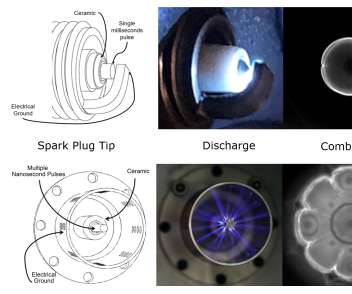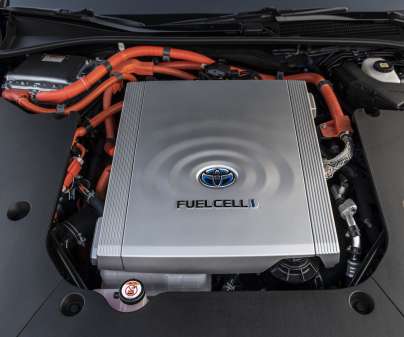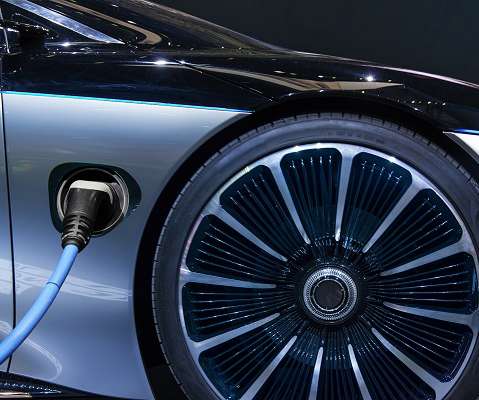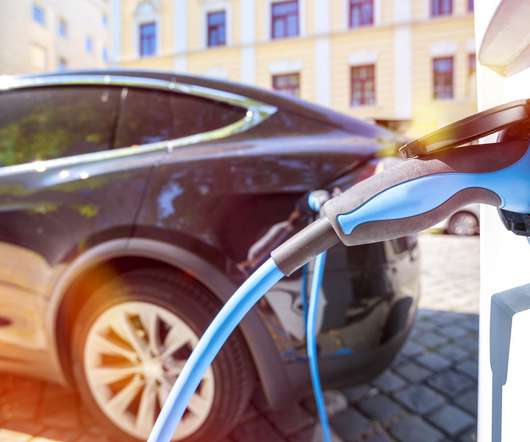ICCT LCA study finds only battery and hydrogen fuel-cell EVs have potential to be very low-GHG passenger vehicle pathways
Green Car Congress
JULY 21, 2021
This study incorporates the near-term global warming potential of methane leakage emissions of natural gas and natural gas-derived hydrogen pathways. Natural gas does not offer climate benefits compared to gasoline and diesel, and many biofuel pathways do not, either.














































Let's personalize your content